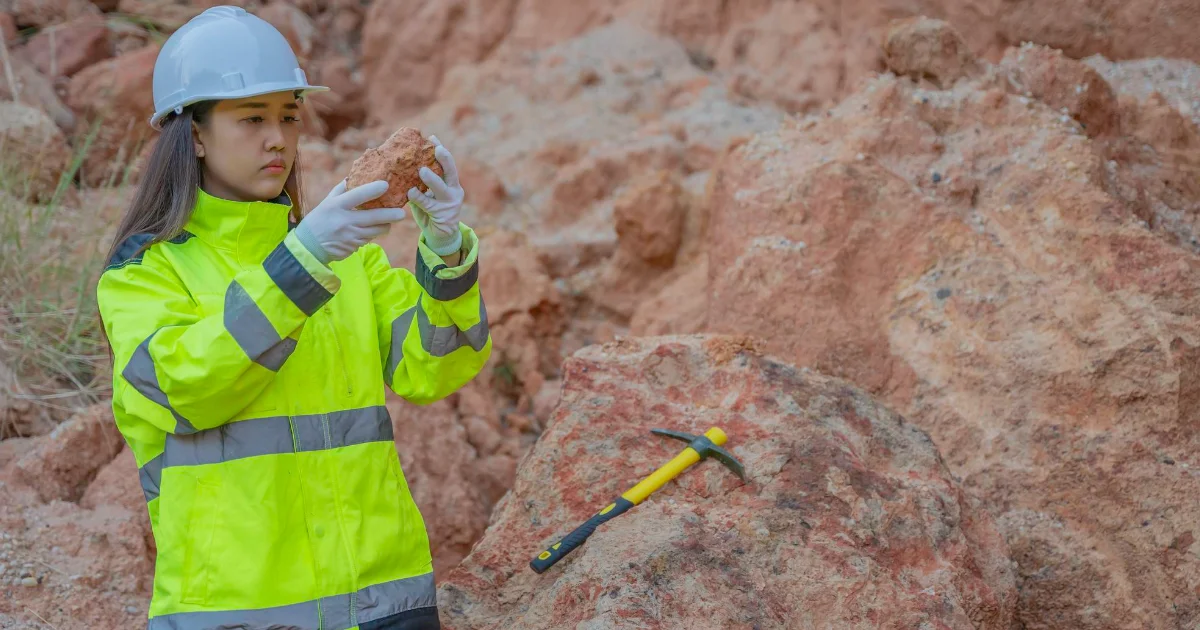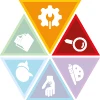Inspector

Inspectors should be great at:
- Estimating sizes, distances, and quantities; or determining time, costs, resources, or materials needed to perform a work activity.
- Observing, receiving, and otherwise obtaining information from all relevant sources.
- Identifying information by categorizing, estimating, recognizing differences or similarities, and detecting changes in circumstances or events.
- Inspecting equipment, structures, or materials to identify the cause of errors or other problems or defects.
Strategist

Most strategists should excel at:
- Establishing long-range objectives and specifying the strategies and actions to achieve them.
- Analyzing information and evaluating results to choose the best solution and solve problems.
- Developing specific goals and plans to prioritize, organize, and accomplish your work.
- Scheduling events, programs, and activities, as well as the work of others.
Other work activities related to Soil and water conservationists
- Calculating or comparing efficiencies associated with changing from low precision irrigation technologies, such as furrow irrigation, to high precision technologies, such as computer controlled systems.
- Implementing soil or water management techniques, such as nutrient management, erosion controlling, buffers, or filter strips, in accordance with conservation plans.
- Entering local soil, water, or other environmental data into adaptive or Web based decision tools for identifying appropriate analyses or techniques.
- Evaluating or recommending geographic information systems (GIS) applications for addressing issues such as surface water quality, groundwater quality, ecological risk assessments, air quality, or environmental contamination.
- Compiling or interpreting biodata for determining extent or types of wetlands or for aiding in the programs formulation.
- Advising land users, such as farmers or ranchers, on plans, problems, or alternative conservation solutions.








